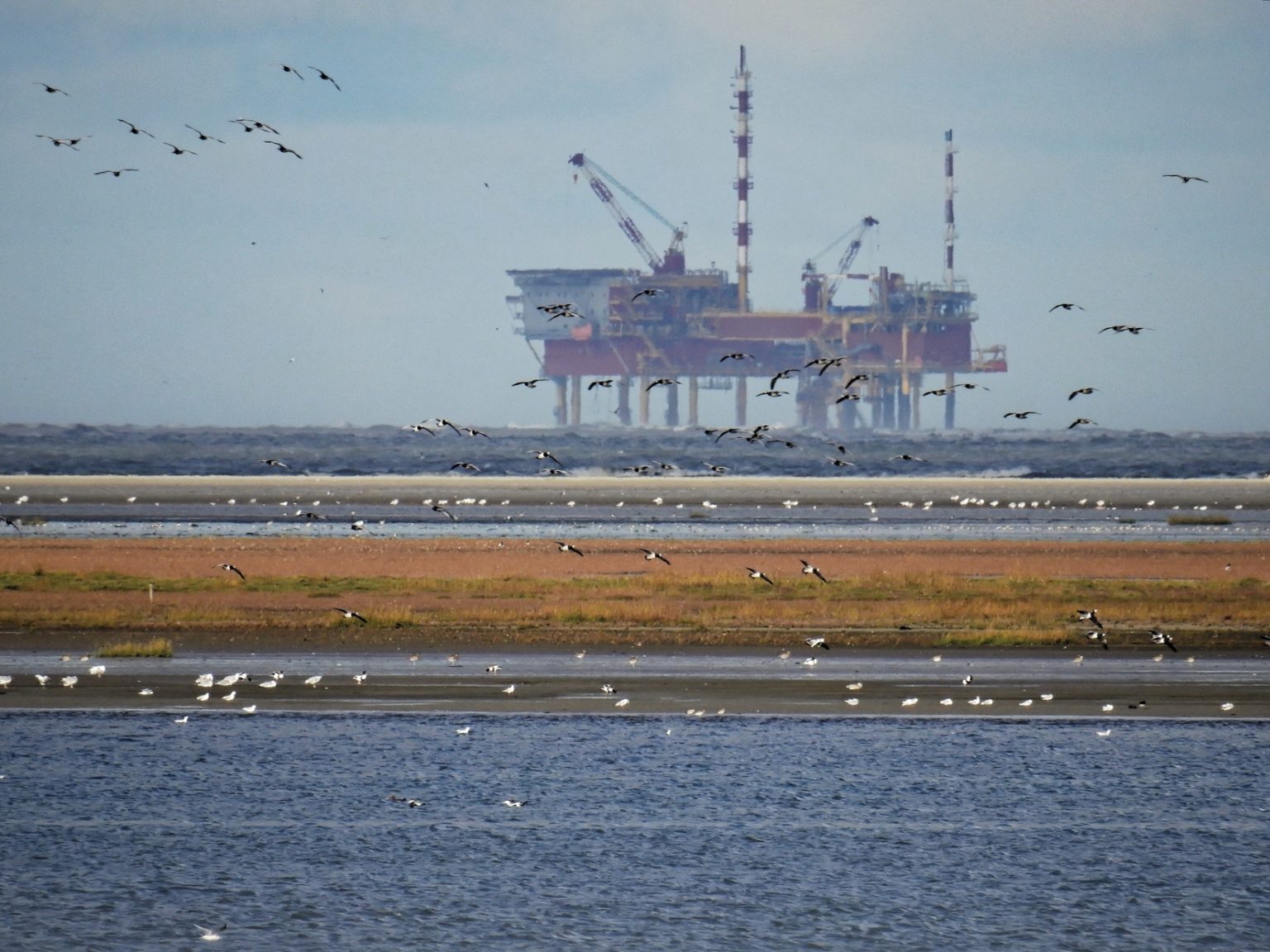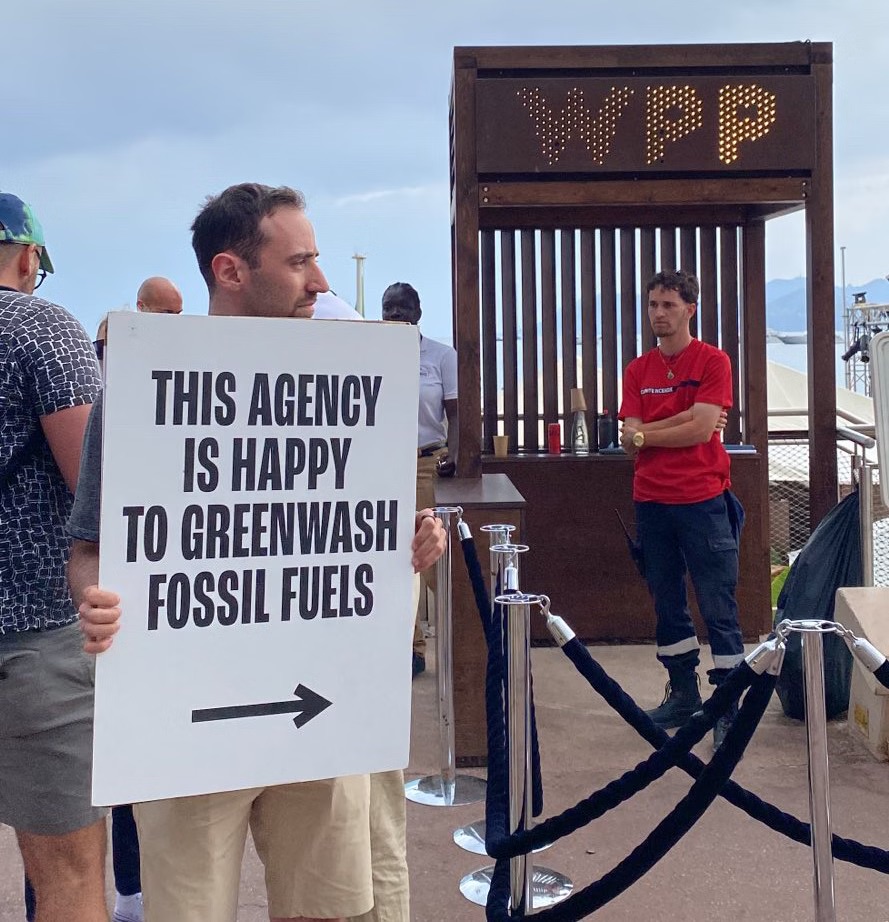For the North Sea oil and gas industry, it must seem like Christmas comes in March. The chancellor’s budget announcements for the past five years have given increasingly generous financial incentives to ensure every last drop of oil is extracted from the rapidly depleting North Sea fields.
But at what cost?
Around 470 platforms and 5,000 wells are due to be decommissioned from the North Sea, according to industry body Oil and Gas UK. The government is currently consulting on plans to decommission seven projects in the North Sea, including Shell and Exxon’s famous Brent oilfield. Many of these sit near or in environmentally significant sites.
And on the 50th anniversary of the UK‘s worst-ever oil spill, analysts are concerned that the Treasury’s habit of giving tax breaks to companies willing to drill the wells dry is not conducive to ensuring the long-term safety of the marine environment.
Companies have been exploring for oil in the North Sea for more than 40 years. But now the industry is faced with a new era dominated by a fundamentally different task — safely plugging the wells companies worked so hard to drill.
Industry Tax Breaks
The main problem is that companies decommission projects — taking platforms away, capping wells, and plugging pipelines — at the end of their lives, when the rigs are no longer profitable.That means there is an incentive to do it cheaply.
Mika Minio-Paluello, campaigner for NGO Platform, told DeSmog UK:
“A lot of it connects to the question of cost, as [companies] will be trying to do it as cheaply as possible”.
“Obviously, they are cost cutting all the time anyway. But if they are cost cutting so much that they have Deepwater Horizon style blowouts when they still have money coming down the road, how much are they going to be cost-cutting when they don’t have a promise of money coming?”
The problem is intensified by the nature of the market for decommissioning.
As the fields become less profitable, large companies are increasingly selling to small producers. Shell sold £3 billion of its North Sea assets in January 2017, and BP sold a large stake in its Magnus oilfield to small producer Enquest the same month.
As small companies have thinner profit margins, they don’t have the same cash reserve to pump into decommissioning. And that heightens the risk of decommissioning being done poorly.
Anne-Mette Jorgensen, a consultant for Eco-Effective Strategies, told DeSmog UK:
“The big question is what happens at the end of an oilfield’s life when smaller companies take over that have smaller margins and smaller reserves; to what extent will they continue the same level of safety assurances that the large companies try to guarantee?”
The chancellor’s latest budget aims to ensure smaller companies are not out of pocket if they decide to take on the ageing oilfields.
In the budget, the chancellor said the government will publish a discussion paper scrutinised by an “expert panel” to “determine the best approach” to support such deals.
The government currently compensates companies by paying back some of the tax paid on oil and gas profits over decades of operating. But when small operators take over for the last few years, there is less tax to repay.
Hammond’s expert panel has been tasked with finding a way to ensure smaller companies that take over the old oilfields get a fair share of the tax that would have been paid to the long-standing operators – essentially ensuring the subsidy passes into new hands.
Combined with existing tax breaks to ensure companies keep drilling until the wells run dry, taxpayers are essentially paying a double subsidy: to keep companies drilling to the very end, and to decommission the wells when they stop.
And while companies are legally liable for the safety of the wells in perpetuity, the practicalities are more complex.
That’s because smaller companies are less likely to exist decades down the line, when capped wells are more likely to leak, Jorgensen pointed out. Not least because the movement to force companies to leave around 30 percent of known oil reserves in the ground in efforts to curb global warming to two degrees is gathering pace, making oil extraction a less profitable prospect.
“If you leave something offshore, the companies stay liable for anything that might happen to those structures afterwards. You want to make sure the polluter pays, but if something happens to the capped wells it might not happen for 200 years, and I don’t feel comfortable predicting some of these companies will be around at that time.
“So if the companies remain liable, but the companies no longer exist, you run the risk of the state having to pay for any environmental damage anyway.”
And that’s where the UK’s tax system fails again. Instead of having a scheme where companies are refunded for decommissioning, it would have made more sense for producers and the government to prepare for this from the outset, she said.
“A better solution could be to say we know we have a risk that will be there for a very long time, and we’d rather have a system where the companies and the state pay into a fund that will then take on that risk”.
It doesn’t have to be this way.
The US Bureau of Ocean Energy Management last year changed its regulations to ensure taxpayer’s never have to pay for the cost of decommissioning.
And the Norwegian government has always put its share of the profit from oil and gas into a sovereign wealth fund, which is now the largest of its kind in the world. The government’s large cash reserve means the decommissioning burden does not have to be passed on to taxpayers as the industry winds down.
In contrast, the UK government has only just started to consider passing the cost of decommissioning energy projects on to the companies that operate and profit from them.
About 95 percent of the UK‘s former Department for Energy and Climate Change’s budget was directed to the particularly expensive task of nuclear power decommissioning.
The planned new nuclear plant at Hinkley Point C is the first deal to ensure the operators pay for the cost of nuclear decommissioning, having built up the funds over the course of the plants expected 60 years of operation.
Environmental Risks
While the UK’s current system might seem like a bad deal for taxpayers, it may be essential to ensure companies do not cut corners when the wells are decommissioned.
That’s particularly important when the projects are close to sites of environmental interest, as are many of the seven plans currently under consultation.
Centrica’s platform is only three kilometres from the Markham’s Triangle recommended marine conservation zone. ConocoPhillips’ Viking platform sits in an area with a high density of harbour porpoise. Orcas and dolphins have also been sighted around Nexen’s Ettrick and Blackbird projects.
Shell’s Lehman living quarters platform sits in the North Norfolk sandbanks, which are an important area for feeding and breeding for lots of marine communities, according to the Joint Nature Conservation Committee.
In such sensitive areas, companies have important choices to make about what to do with the decommissioned infrastructure.
But analysts disagree about the safest option.
Some say the structures are best left alone, so marine communities that have built up around them over decades remain undisturbed – essentially creating artificial reefs. The rigs-to-reef programme in the Gulf of Mexico has led to around 500 platforms being abandoned and left behind for this purpose.
“We are disturbing the seabed and taking away ecosystems that have built up over the last 30 years without actually knowing what happens when we do that,” Jorgensen said.
“There is a still a lot of uncertainty about the effects of decommissioning on the marine ecosystem, but we probably currently know more about what would happen if we leave the structures where they are now than we know about what happens when we take them away.”
Other experts, however, say companies have a responsibility to remove the structures and return the sea to as close to its original state as possible.
Allowing companies just to pack up and leave without taking their gear with them could effectively turn the North Sea into an oil and gas dumping ground, Minio-Paluello pointed out.
He compared it to a landfill site that supports lots of life. That fact isn’t enough to suggest creating more landfills is a good idea, he argued.
And there are good reasons companies are required to return the seabed to the same state as when they entered.
Joan Edwards, head of living seas for Wildlife Trusts, told DeSmog UK that “the idea is to leave the site as safe as possible”.
“The whole decommissioning process is taking risk away from the site.”
“It’s not safe to leave it because you are leaving a navigational hazard. You can’t just walk away from a rig and say ‘i’m going to leave that alone now’, as it has to be capped.”
“If material leaks out of the structure when you’re decommissioning, it was going to leak out anyway. If you’ve got a structure on the seabed that has got oil in and you don’t remove it then eventually it is going to leak. So the idea of managing the decommissioning process is that you are reducing the amount of risk as much as possible”, she said.
When hundreds of thousands of tonnes of metal connected to oil and gas wells are set to be removed, the risk of something going wrong is ever present.
Jorgensen said: “I think all the companies are doing their best but of course it is a risky business. It’s moving around with huge structures, and all kinds of things could happen. There is a risk; the question is, how likely it is that certain things will happen?”
Oil spills in the North Sea are not unusual. In January 2017, Total had to address a leak from its Elgin B platform. Two months later, Repsol Sinopec had to shut down production on two platforms after a supply boat spotted a suspected leak.
The hazards don’t only come from the wells, but from potential accidents when the platforms are being moved to shore as part of the decommissioning process.
In August 2016, the Transocean Winner platform ran aground while being transported, releasing tens of thousands of litres of diesel fuel into the North Sea.
Centrica considers a similar scenario in its environmental impact assessment for the decommissioning of its Markham platform. Its modelling suggests a diesel spill could affect two protected marine areas – Markham’s Triangle and the Klaverbank SCI – if ships were to collide during the decommissioning process.
Centrica told DeSmog UK its Marine Assurance Standard ensured all contracted ships conform to regulations from the International Maritime Organisation and the International Convention for the Prevention of Pollution from Ships.
Learning As You Go
The dangers involved in decommissioning the North Sea’s extensive oil and gas infrastructure won’t become fully apparent until more platforms are retired.
In other countries with large offshore oil and gas operations and relatively strong regulatory regimes, such as the Gulf of Mexico, offshore decommissioning is fairly common. But an Associated Press investigation in 2010 showed widespread problems with monitoring the sites, which were prone to leaks.
And the North Sea decommissiong presents a bigger challenge than activities in the Gulf of Mexico as there are more platforms, larger structures and is expected to be concluded within a shorter timeframe.
While the UK government is well practiced at offering treats to the North Sea oil industry to keep it running as long as possible, there is a real lack of experience when it comes to the task of keeping the ocean safe when companies pack up and leave.
Companies in the UK “haven’t had experience with decommissioning for very long, so a lot depends on how careful they are,” Jorgensen said.
Minio-Paluello echoed this sentiment: “Oil companies have less experience of taking stuff away than they do of putting it there in the first place. So how you successfully dismantle everything and shut the wells safely without having oil spills in the process is not a very well tested process”.
With ever more generous tax breaks to keep the industry alive, and the current lack of experience in decommissioning the spent wells, the government’s desire to drill the North Sea dry could be putting the marine environment at risk.
As Minio-Paluello put it: “From all sides, there doesn’t seem to be a strong accountability process to ensure the money is being put in to do it all safely and ensure it will last into the future”.
Main image credit: Werbe Fabrik via Pixabay CC0
Subscribe to our newsletter
Stay up to date with DeSmog news and alerts











